I still remember the first time I played Overwatch. I was sitting in my college dorm room in the middle of a Chicago winter, amazed by all the colors flashing across my screen.
It was my introduction to FPS games, as I’m sure it has been for many in the seven years since its release. The game opened me up to a new world, one of high-end graphics cards, meticulous DPI settings, and learning how to shrug off sexist remarks in voice chat.
Now, a year into the game’s sequel, Overwatch 2, I’m left without those same feelings. After years of waiting for promises ultimately never fulfilled, the game I once loved no longer feels the same.
How I fell in love with Overwatch
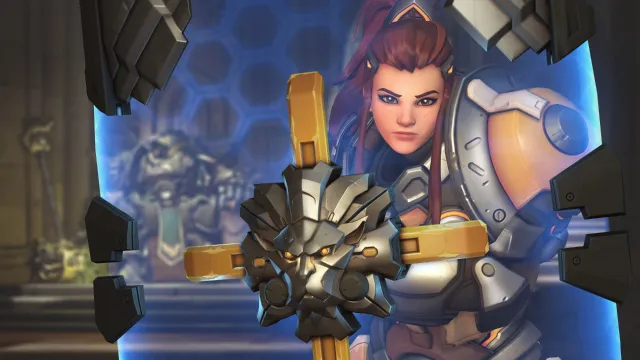
On that day in my dorm room, the first character I chose on the hero select screen was Pharah. As a strong, self-confident woman clad in rocket-powered armor, she was the symbol of everything I wished I could be. I was surprised at the selection of female characters to choose from, as well as the game’s bright, cheery aesthetic. Done were the days of dark gray war-torn battlefields being the pinnacle of the FPS genre!
Then, I remember when Sigma came out. I played him for four hours straight, squinting while looking at my tiny monitor to see who exactly I had picked up with my Gravitic Flux. Eventually, I decided Brigitte was my favorite. She loved cats, loved to knit, and was Scandinavian—just like me!
These are visceral memories for me. I remember the first time I turned on my computer, and, to my surprise, my fingers were immediately drawn to the WASD keys. I also remember the voices of the people who yelled at me for not healing enough for the first time. I quit the game and shut down my computer in tears, deciding I was just too sensitive to ever be good at Overwatch.
In moments like this, I looked to the strong Overwatch women across my screen who stood before me. Soon, even this illusion was shattered, and I knew I would never really be able to come back to the game.
After the Activision Blizzard lawsuit, I felt uncomfortable supporting a company that would treat people of marginalized genders this way. More than that, I felt betrayed. How were the people designing the characters I looked up to so complicit in treating others this way? To me, this broke the game’s once-rich immersion. I was out.
Though several of my close friends also felt this way, totally stopping their grind wasn’t an option for them due to their lives outside of work revolving around the game. On top of this, the competitive obligations of tournaments and collegiate seasons didn’t stop, leading many to keep on playing despite being uncomfortable with the situation
So we had to keep having these conversations, making strides from the outside to ensure our own competitive Overwatch spaces were inclusive, even if Blizzard wasn’t. Eventually, almost everyone came back to the game, at least casually, excited about everything promised for Overwatch 2.
Yet, most were just disappointed again, this time by the lack of content.
In the end, Overwatch brought me into the gaming space as a whole; a new world I so desperately needed when our whole social sphere seemed to transition to Discord. I joined local organizations in Chicago, met people who became some of my dearest friends, and discovered a new side of myself.
But today, these spaces look so much different, and it’s not only because I have changed. The game has, too.
A new direction
The day Overwatch 2 was announced to be five-versus-five was when I realized things weren’t going to be the same.
Having to let one of our team members sit on the sidelines in a voice channel felt so wrong. I had spent months perfecting my understanding of tank synergy, and now one of them would just be… gone?
“How can they do this?” was my first thought. Though rumors had circulated about this change, I never thought it would actually happen. It was, truly, the beginning of the end for me because I realized we, as players, had no control over the game we loved so dearly.
In my journalism courses in college, one of the first things professors drilled into my head was that, above all, we write for the people as a service. We are the bringers of information, of resources to educate, and we should be writing about what people care about. Listening and understanding your audience can be an important tool, so I was initially surprised that other media companies wouldn’t do the same.
In addition, it felt like the promises Blizzard had made its fans weren’t coming to fruition. We had been teased a sequel for Overwatch for years, yet the release date just kept getting delayed over and over again.
But above all, what sealed the deal for me even before the game’s sequel came out was the Activision Blizzard lawsuit in 2021. I stopped playing the game for several months while I continued to critically examine the presence and role of women in gaming and esports spaces. Eventually, I came back, too excited about the game’s sequel and all that Blizzard had continued to promise. Yet the game didn’t have the same magic that first drew me toward its universe and lore.
I became increasingly frustrated during the last year of the original Overwatch, being stuck in limbo. This time period is what really caused a dramatic decrease in the game’s original devoted fanbase, including me. That is until the early access for Overwatch 2 was finally released to journalists last September.
The Overwatch 2 early access period was one of the best times I’ve had playing the game. I felt like part of myself had come back after a few years away. The nostalgia, for a moment, overrode the void left by the missing content in early access.
Yet, somehow, the game still felt foreign.
Playing the sequel for the first time was like driving a model of car you’ve never driven before. I knew what buttons to press, I knew where on the map to go, yet things were still so different, and it was refreshing. The game felt rejuvenated, though maybe not quite enough to be a full sequel. I was sure the reception would be good. I promise, guys, you’ll love it. Then they didn’t love it.
The end, for now
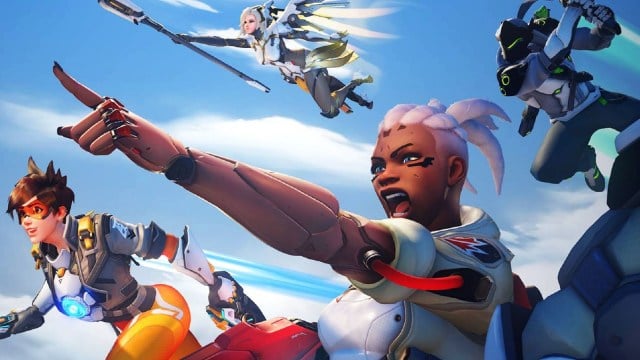
Overwatch 2’s release was completely muddled by not only a distinct lack of any real new content but also by the fact that so many of the game’s players weren’t used to a free-to-play monetization model. To this day, it is one of the main gripes players have with the game. Go on any forum, any Reddit post, and you’ll see players frustrated with the lack of content that comes with such high costs.
Though it is very true that many other games, including very similar FPS titles, employ a free-to-play structure with a battle pass and purchasable cosmetics, the problem is that the Overwatch community simply was not ready for that.
I don’t have a problem with the concept personally. But transitioning a title that never had that type of monetization into a “pay $10 dollars for this cosmetic item” style of game is incredibly difficult. The cool thing is that now anyone can play Overwatch 2 and try out the game for free. Yet, it’s hard to explain to a wide audience of players who used to be able to unlock items for free why they are suddenly behind paywalls.
Though Blizzard did implement some rewards for players who immediately transitioned to the sequel, most of those legacy credits and other bonuses have dried up a year after Overwatch 2’s release.
Now, all of those hours in the original game don’t really mean much unless you have the skill to show for it, apart from maybe a few of the game’s rarer items.
All of these changes are compounded by the same gut feeling I had when the game was changed to five-versus-five: Blizzard can do whatever it wants to the title despite the wishes of its fanbase. From breaking multiple promises of new content like PvE to getting rid of the off-tank role as a whole, many fans of the game feel like they’re not being heard.
This, truly, is the reason why I barely log in to Overwatch 2 anymore. I haven’t even unlocked Illari, the game’s newest support hero, even though I’m a stubborn support main with hundreds of hours on Brigitte and Ana.
The power and magic of Overwatch to me was in its community. As one of the first PvP games I’d ever played, finding that support and community was crucial for me to grow my understanding of the game, as well as gaming in general. And now, so much of that once proud community is gone, logging off one by one to never open it again.
So many Overwatch players have faced disappointment over and over, and many have simply found there are no excuses to give anymore.
Despite all this, I still have friends who log in and complete their dailies without fail every evening after work. I still have several friends who play collegiate Overwatch and some who regularly compete in the open division. Yet these friends are not blind to the game’s downsides, either: They simply are too passionate about the title, its unique gameplay, characters, and lore to ever fully give it up.
And then, they may eventually hit the same walls I did, too, and end up walking away forever unless Blizzard does something to change the path Overwatch 2 is on.


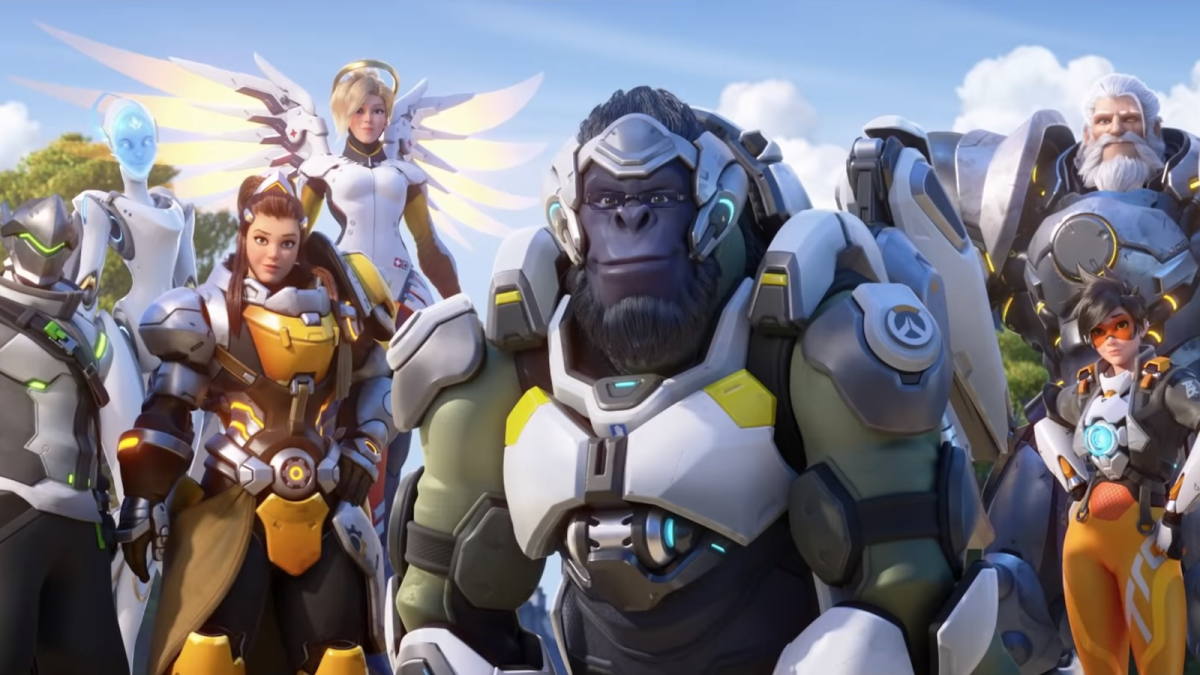
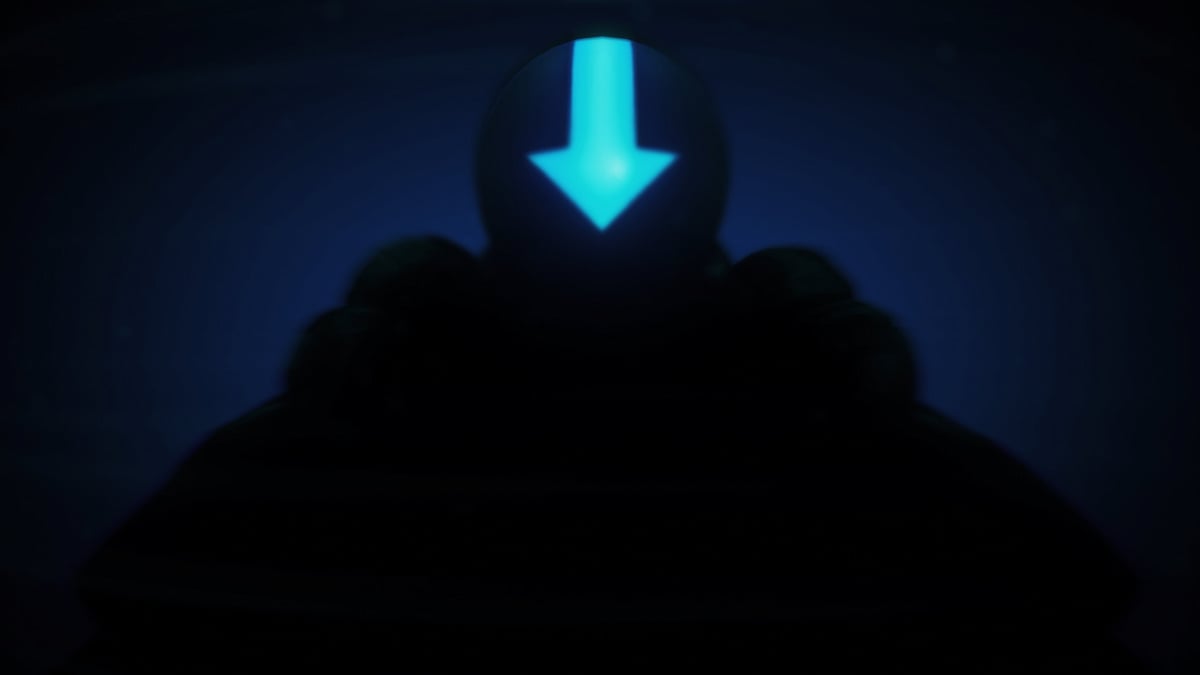
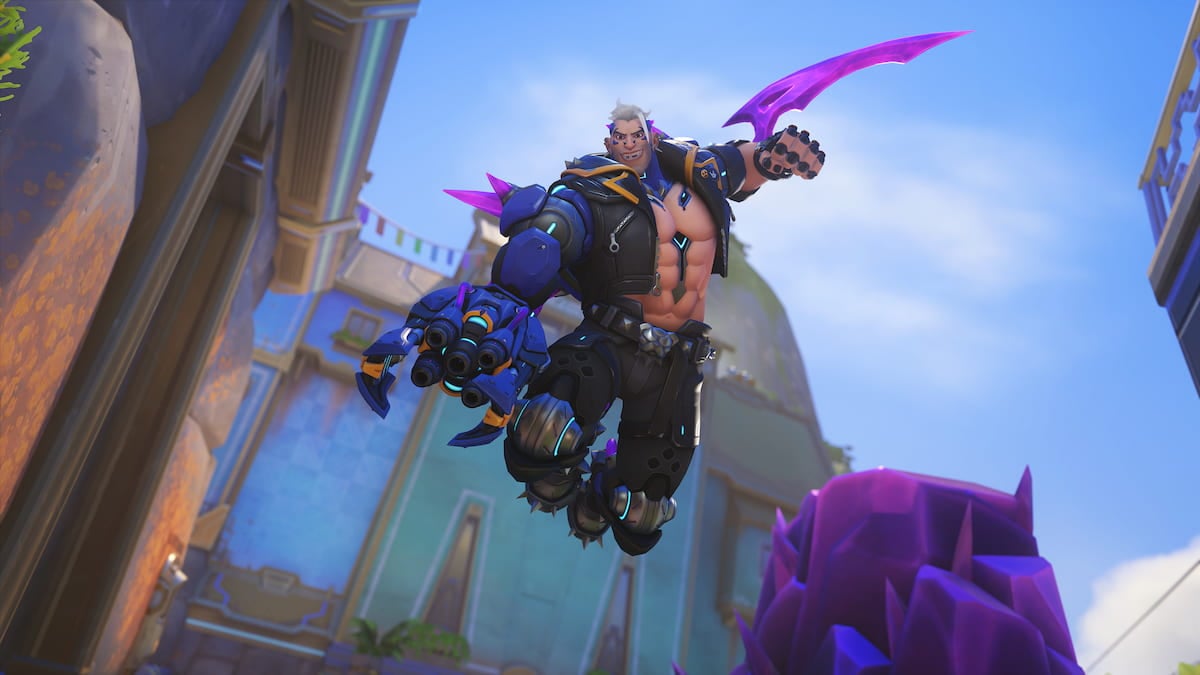

Published: Sep 30, 2023 04:10 pm